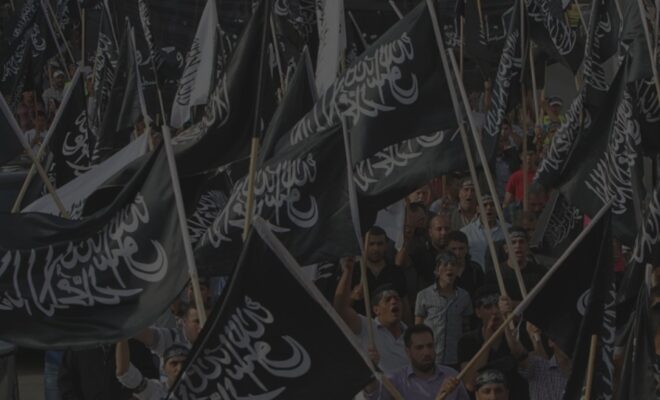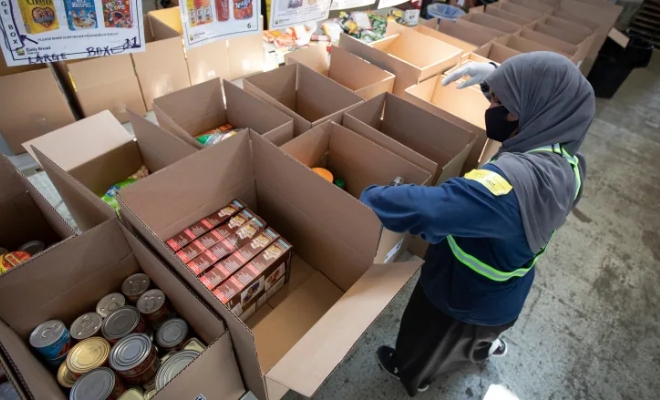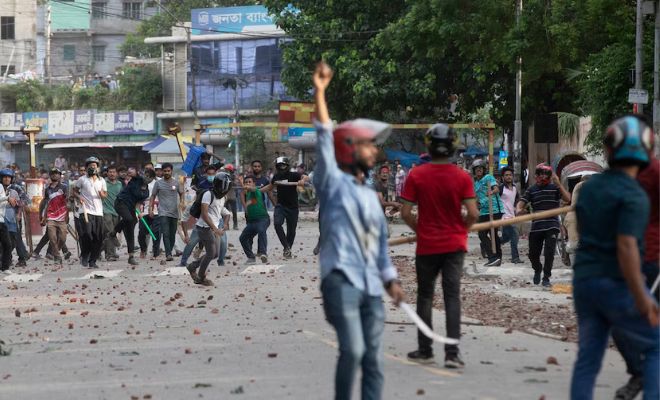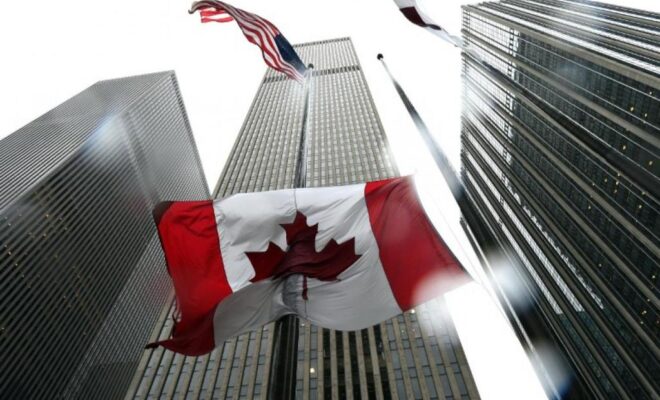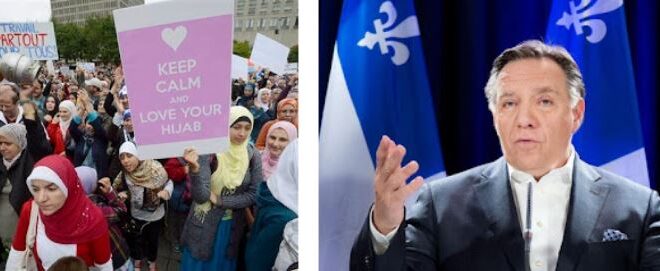Ramadan and Beyond: Breaking Limits, and Building Unity

The month of Ramadan is a unique time for the believers. It is an opportunity for them to hope of entering Jannah, and a chance to take a pause from the daily routine of life and take accountability of oneself and one’s actions. With the mercy of Allah (SWT), Muslims are given this opportunity every year, and the believer who is intelligent would take all measures to take advantage of this gift.
Ramadan is the month of goodness and blessings, and a great opportunity to strive for success in this world and the Hereafter. It is a season of obedience, and a field for competing in good deeds and achieving piety to attain the pleasure of Allah (SWT), which is the true success. It is a special month of virtue, not only because it is the month of fasting and worship, but also because it is a valuable opportunity to reflect on our relationship with Allah (SWT) and reevaluate the course of our lives and the state of the Ummah to change them for the better, and to consider our true goals and define the concept of success in our lives. Let us ask ourselves: How can we use this month to transform ourselves? How can Ramadan be a catalyst for bringing change to the Ummah?
Beyond Limits: How Ramadan Unveils our Potential
During Ramadan, Muslims push themselves beyond their usual spiritual and physical limits through fasting, increased prayer (salah), and acts of worship (ibaadah) that require perseverance and devotion. Ramadan trains us to strive to overcome the limits faced every day whether it is in the form of our jobs or families purely for the sake of Allah (SWT). It is a test of endurance and patience, as believers refrain not only from food and drink, but also from negative behaviors such as gossip, anger, and idle talk. This discipline aligns with the Prophet’s (SAW) words: “Fasting is a shield; so when one of you is fasting, he should neither indulge in obscene language nor raise his voice in anger. If someone insults him or fights with him, he should simply say: ‘I am fasting.’” [Bukhari & Muslim]
In addition to fasting, Muslims are encouraged to engage in supererogatory (nawafil) prayers, especially the Taraweeh prayers, which lasts sometimes for hours, requiring stamina and dedication, while listening to or reciting large portions of the Qur’an, as the Prophet (SAW) said: “Whoever stands (in prayer) during Ramadan out of faith and in the hope of reward, his previous sins will be forgiven.” [Bukhari]
Moreover, many Muslims also challenge themselves by completing the entire Quran during the month, often reciting it during the night. We find that acts of charity and kindness reach their peak in Ramadan, as Muslims strive to give more in charity (sadaqah) and pay the obligatory Zakat, following the example of the Prophet (SAW), who was described as being “the most generous of people, and he was even more generous during Ramadan” [Bukhari].
All of this serves as clear proof that, despite living under a secular system which limits spirituality to few token areas of life, we have the potential to overcome the man-made constructs designed to secularize the Muslim mind. It is also proof against ourselves that we indeed have the ability to push beyond our daily comfort zone for the sake of fulfilling Allah’s (SWT) commands. So why should it be any different when we are commanded by Allah (SWT) to strive towards fulfilling the crown of obligations which is the work to re-establish the Khilafah State? Did the Prophet (SAW) not work tirelessly day and night to bring guidance to humanity via the Islamic State? Did the companions delay the appointment of the Imam of the Muslims without a justification? Imam Al-Mawardi stated in Al-Ahkam al-Sultaniyyah: “It is obligatory upon the people to appoint an Imam who will establish the laws of the Shariah and defend the Muslims,” emphasizing that delaying this obligation without excuse is not allowed. Imam Al-Nawawi in Sharh Sahih Muslim said: “The scholars have agreed that it is an obligation upon the Muslims to appoint a Caliph, and that this is an immediate obligation.” Both Ramadan and the work to re-establish the Khilafah state require, sincerity, steadfastness and sacrifice.
Breaking Borders, Uniting the Ummah in Purpose
Moving beyond our individual and our local communal responsibilities, let us keep in mind how Ramadan teaches us to transcend the man-made borders laid down by the colonial powers in the Muslim lands and can unite the Ummah. Muslims across the world have a common purpose and mission. One cannot help but notice the sense of togetherness on such an unimaginable scale. The world’s Muslim population of over 1.8 billion – roughly a quarter of the human population – engaging in their daily practice of religious rituals together is the likes of which the world has never seen. The month of Ramadan is being observed without extensive government enforcement, or expensive media campaigns; but rather emanates from a deep spiritual connection with the Creator of the Universe. Allah (SWT) says:
“O you who have believed! Fasting is prescribed for you as it was prescribed for those before you, that you may become Al- Muttaqûn (people of piety).” [TMQ 2:183]
When Allah (SWT) says, “Oh you who have believed”; He uses the term aamanoo (with the waw of plurality) instead of the singular aamana, which means the obligation of fasting is directed to the Muslims as a collective body. Hence, though it consists of personal effort and sacrifice, it is an obligation we partake in with the whole Muslim body across the whole world. Allah (SWT) has also said:
“But no, by your Lord, they will not believe until they make you [O Muhammad] judge in their disputes and find no discomfort in themselves about your decisions and submit fully.” [TMQ 4:65]
As Muslims, we can sense how as members of a broader Ummah, our strength can only be realized through unity.
Agents of Discord: Plots Against the Ummah
While we relish the days of this holy month, with increased prayers, reading of the Qur’an and additional acts of worship relatively unhindered in places such as Canada, our brothers and sisters in Gaza, woke up for suhoor drenched in blood and dead bodies after the Zionist entity bombarded Gaza early Tuesday, on March 18th. More than 400 people were martyred, including more than 170 children, according to Gaza health officials. The Zionist entity sought and got a green light from Washington before launching these attacks. The criminal silence and complicity of the rulers in the Muslim lands is apparent in this ongoing genocide occurring in front of the world. Institutions like the United Nations (UN) and the Organization of Islamic Cooperation (OIC) have repeatedly exposed themselves to be tools of the colonial powers to justify their brutal tyranny in the Muslim World and have absolutely no sanctity for this month!
While in other parts of the Muslim world, we find the media’s ongoing push to sow discord and distractions in the Ummah during this holy month. For example, there are lewd drama-series aired by MBC Egypt, a Saudi-owned network backed by the General Entertainment Authority as part of Vision 2030 featuring graphic violence, fight scenes, and excessive nudity. Clearly, the agents ruling the Muslim world have nothing but spite and hatred for the overwhelming adherence to Islam by the Ummah and the observance of Ramadan from Muslims globally.
Khilafah: Key to the Atmosphere of Iman
With every Ramadan, wealth in the billions is wasted on distractions designed to pull Muslims away from an atmosphere of Iman—an atmosphere that nourishes the soul and strengthens the longing for what Allah (SWT) has prepared for His servants. Meanwhile, the poor remain hungry, struggling to find even a morsel of food. Governments pour millions into Ramadan carnivals and lude Drama TV shows, while allowing Western interests to squander the wealth of the Muslim Ummah. Muslims find themselves caught between the hammer of poverty and the anvil of exhaustion, where living in a Halal manner is a challenge, yet Haram is made easy and widely available and even encouraged.
We fast, yet we witness secularism and disbelief dominating life. We see systems of governance, economy, and society functioning in ways that deviate from Islam, and we feel the deep pain of a world where the Sharia is absent. And yet, this pain fuels the Ummah’s resolve—a drive to restore what is right, to seek the pleasure of Allah (SWT), and to work for the return of the Khilafah system that ensures justice, dignity, and tranquility for all. We are reminded of the words of the Messenger of Allah (SAW): “There will come a time when holding on to your Iman will be like holding on to hot coals.” [Tirmidhi]
Under the Khilafah, the Islamic atmosphere during Ramadan will create an environment where worship is encouraged, justice flourishes, and submission to Allah’s (SWT) law becomes a collective reality. The role of the state is not merely administrative; it is transformative. A quick glance at history shows how the Muslim Ummah thrived when the state actively molded society with Islamic values—when the Shariah was not just a personal obligation but a societal foundation. Only then, can the Ummah truly experience Ramadan, the way in which it was meant to be experienced.
The impact of an Islamic way of life is immeasurable. It shapes hearts, purifies souls, and elevates entire nations. This Ramadan, as we endure the trials of our time, we must not only reflect on the pain of a seeing the systems of kufr dominate the world but work tirelessly to restore the justice, unity, and order that Islam demands via the Khilafah State.
We ask Allah Almighty to be among those who are accepted in Ramadan and outside Ramadan. O Allah free us from the fire and make us among the saved. O Allah, fulfil Ramadan for us and bring it back to us with goodness, blessings and prosperity, and that this is the last Ramadan without a Khalifah, and for the return of our Ramadan as it used to be: the month of victory. Ameen.

